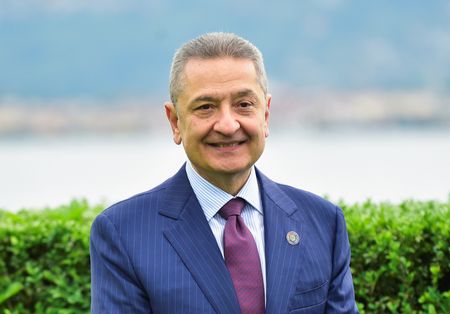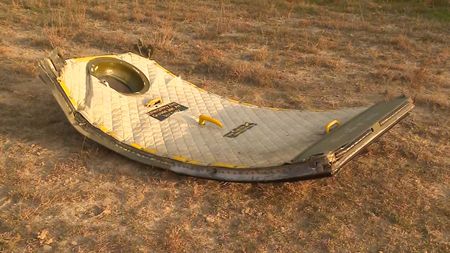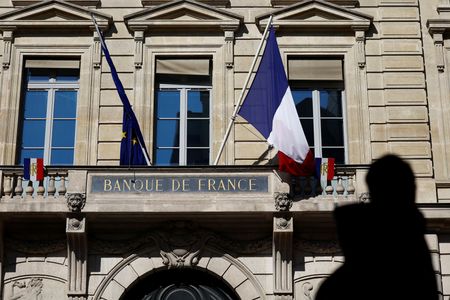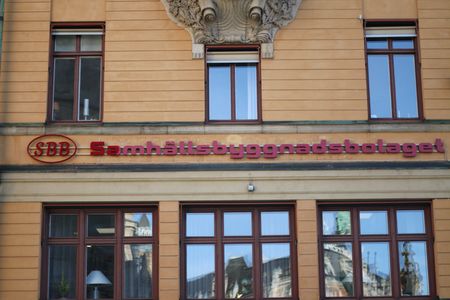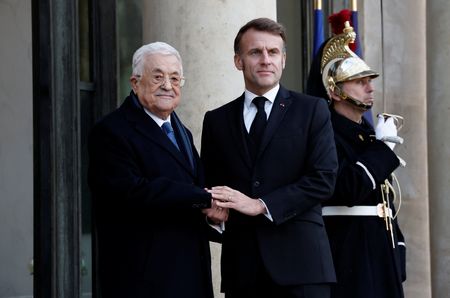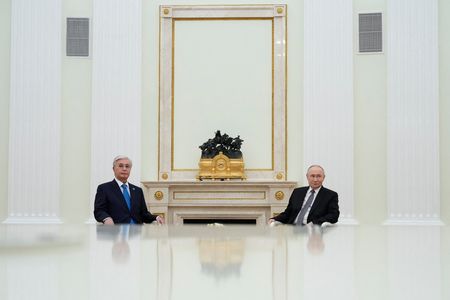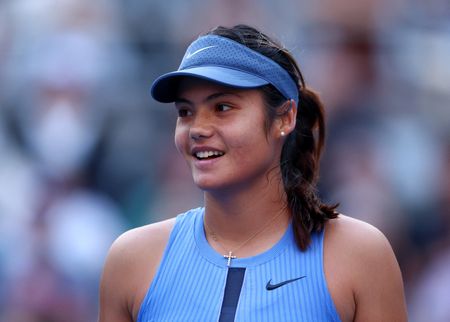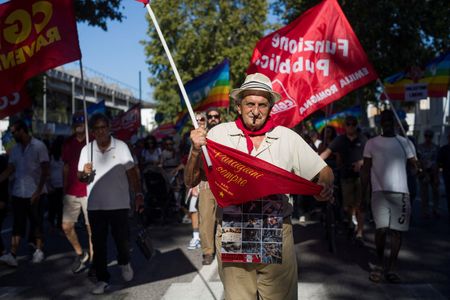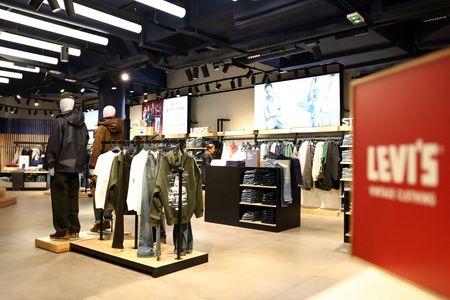MILAN (Reuters) -Military production does not help long-term economic growth, Italy’s central bank governor Fabio Panetta said on Thursday, as NATO countries debate whether to increase defence expenditure.
At a speech delivered to a Catholic organisation in Bologna, Panetta cited data showing that conflicts in the world have been increasing over the last 15 years and in 2023 reached the highest number since World War Two.
“War cannot bring prosperity,” Panetta said, as any short-term economic boost from arms production was outweighed in the longer term by the damage to infrastructure, machinery, raw materials and social cohesion.
Global arms spending has been rising steadily in recent years, and incoming U.S President Donald Trump has called on NATO members to further increase their outlays to as much as 5% of gross domestic product (GDP).
Italy is among numerous members of the military alliance whose defence spending is significantly below the current target of 2% of GDP agreed a decade ago.
“The manufacturing of war equipment does not help increase a country’s growth potential. Development comes from productive investment, not from arms,” said Panetta, a member of the European Central Bank’s governing council.
“Moreover, it is misleading to attribute technological progress to military expenditure,” he added, calling war “a form of development in reverse.”
Supporters of higher military spending point to a risk that Russia may attack a NATO country after Ukraine, while opponents say the money would be better spent on areas such as health, education and the welfare state.
Panetta also warned of mounting risks of economic protectionism spurred by Trump’s planned tariffs on imports from China, Europe and other countries.
“The priority must be to preserve a global economy that remains open to international trade,” he said.
(Reporting by Sara Rossi, editing by Gavin Jones)

